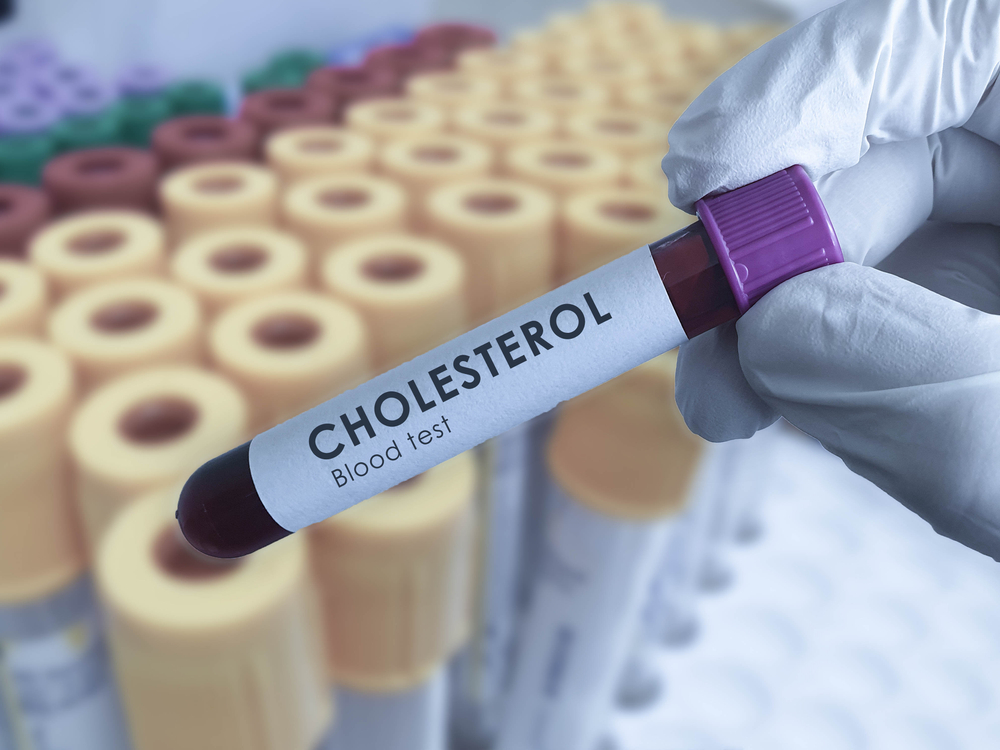Even if you are living a healthy lifestyle and maintaining a healthy weight, it’s still a good idea for adults over the age of 30 to check their cholesterol levels with a simple blood test every 4 to 6 years. The best way to ensure your cholesterol levels fall within a healthy range is to get blood tests regularly, especially if you have diabetes or a family history of high cholesterol.
Your local pharmacy can provide a complete cholesterol test to measure the levels of triglycerides and cholesterol in your bloodstream. In simple terms, a cholesterol blood test will measure the buildup of fatty deposits in your arteries which is quite dangerous and can cause severe complications such as heart disease, heart attack, and even stroke.
Not only can cholesterol blood tests detect high cholesterol, but they can also monitor your progress in treating your high blood pressure to make sure you are on track to reduce dangerous cholesterol levels so you can maintain a healthy and long life.
In this article, you’ll learn about the effectiveness of regular cholesterol testing and how it can prevent heart attacks.
The Importance of Cholesterol Tests
Early stages of high cholesterol usually go undetected because people are not yet experiencing any signs or symptoms yet. It is only later, as fatty deposits start to block arteries, that symptoms like heart disease start to be experienced. A complete cholesterol blood test can determine if you have high blood pressure and can estimate your risk of heart disease.
A “complete cholesterol test” (aka a lipid panel or lipid profile) is what your doctor will likely recommend for you to measure the four types of fats in your blood:
1. Total cholesterol is the sum of the cholesterol content in your blood.
2. Triglycerides are a certain type of fat in the blood. High triglyceride levels are associated with being overweight, eating too many sweets or drinking too much alcohol, smoking, being sedentary, or having diabetes.
3. High-density lipoprotein (HDL) cholesterol (“good” cholesterol) helps carry away LDL cholesterol which keeps your arteries open and blood flowing more freely.
4. Low-density lipoprotein (LDL) cholesterol (“bad” cholesterol) causes fatty deposits in your arteries and restricts blood flow. This can ultimately lead to coronary disease, a heart attack, or a stroke.
Intrigue Health is here to help you on your journey to good health and happiness. Keep your heart and body healthy with regular cholesterol testing in Bexley, Medway, and Gravesend.





